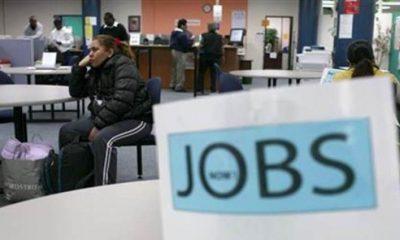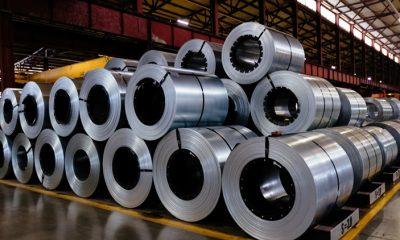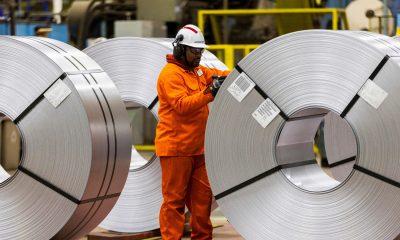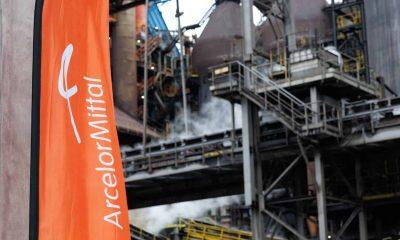Business
Concerns Rise Over Potential Job Losses at ArcelorMittal South Africa

The future of South Africa’s steel industry faces another blow as ArcelorMittal South Africa (Amsa) announced plans to wind down its Longs Business by January 2025. The decision could impact approximately 3,500 direct and indirect jobs, triggering widespread concern among economists, industry experts, and unions.
Amsa’s Dire Announcement
Amsa stated that steel production would cease by late January 2025, citing sustainability challenges and the need to act decisively to avoid further losses. While consultations with stakeholders are ongoing, the company anticipates significant retrenchments.
“Steel production is anticipated to cease by late January 2025, with the wind-down,” Amsa announced.
Stakeholder Reactions
Bench Marks Foundation
David van Wyk, lead researcher at the Bench Marks Foundation, criticized Amsa for prioritizing scrap metal exports over steel products.
“South Africa is a steel producer and should focus on exporting steel products rather than scrap metal,” Van Wyk argued, warning that unchecked scrap metal exports exacerbate job losses and industry decline.
Economists’ Perspectives
Economists like Dawie Roodt and Waldo Krugell pointed to structural inefficiencies and global pressures as key contributors:
- Dawie Roodt, Efficient Group chief economist:
“The steel industry has been under immense pressure for years, worsened by Transnet inefficiencies and logistical challenges.”
- Waldo Krugell, North-West University:
“The closure reflects the difficulty of balancing domestic cost pressures with low international steel prices.”
Union Stance
The National Union of Metalworkers of South Africa (Numsa) pledged to fight the retrenchments. General Secretary Irvin Jim called for government intervention to prevent further erosion of manufacturing capacity.
“Unless a solution is found, allowing these plants to close could spell disaster for South Africa’s industrialisation,” said Jim.
Root Causes of Industry Decline
- Export of Scrap Metal: Critics argue that unchecked exports of scrap metal are cannibalizing local steel production capacity.
- Logistical Inefficiencies: Years of underperformance at Transnet have crippled the logistics sector, further harming the steel industry.
- Global Market Dynamics: Low international steel prices and domestic cost pressures leave local producers unable to compete.
While the government has pushed for reindustrialization, experts remain skeptical about the steel industry’s ability to recover without major reforms. With job losses looming, the spotlight is now on collaborative efforts between government, industry, and unions to find sustainable solutions.
Follow Joburg ETC on Facebook, Twitter and Instagram
For more News in Johannesburg, visit joburgetc.com



























